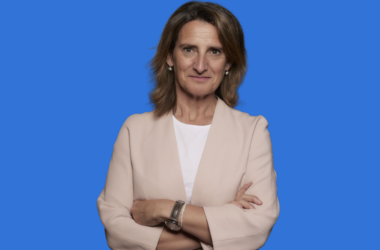The United States and the United Kingdom did not support an international agreement on artificial intelligence (AI) regulation adopted at the global summit in Paris.
According to the BBC, the document, signed by France, China, India, and several other countries, aims to promote an “open,” “inclusive,” and “ethical” approach to AI development. The main discussions at the summit focused on the impact of AI on society and the environment, as well as the measures needed to maximize its benefits while minimizing risks.
Washington and London did not explain their reasons for refusing to sign the declaration. However, US Vice President J.D. Vance stated in his speech that excessive regulation could “stifle the emerging AI industry just as it is beginning to develop.” He emphasized that AI is a “unique opportunity that the Trump administration intends to seize.” Vance also stated that the priority should be the development of AI technologies rather than security concerns.
At the summit, politicians, diplomats, and world leaders discussed ways to reap economic benefits from AI innovations while addressing potential risks associated with the technology.
Previously, reports suggested that UK intelligence agencies were considering establishing a special laboratory to analyze cyber threats related to AI. Meanwhile, Latvian President Edgars Rinkēvičs expressed concerns about AI being used to interfere in electoral processes.




